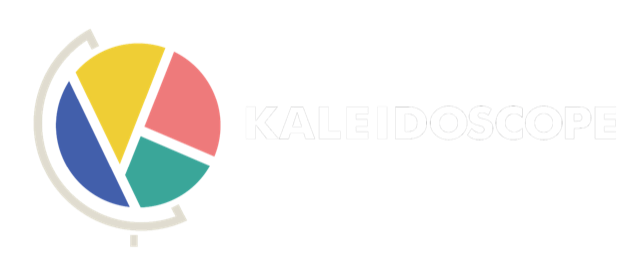What High School History Could Be: Delivering on Ambition
Sarah Dillard
The problem with history education today
Of the four core academic subjects, high school history has the biggest gap between its ambition and its execution.
Ask people what the point of history education is, and they will give you big idea answers like:
Understanding the American story,
Building awareness and empathy,
Motivating civic participation, and
Safeguarding our democracy.
But then show up to a typical high school history class, and it's just textbooks, lectures, and temporary memorization. There’s a fundamental mismatch between aims and means.
Textbook-driven history
High school history unfolds by textbook. It uses a single, authoritative narrative and lulls students into believing that this inherently limited narrative is the objective truth.
But textbooks are not neutral; they vary widely from state to state, as The New York Times has documented.
In service of single-narrative history, the contributions of women & minorities are often boxed up. Literally, put in boxes on the page, separate from the main narrative.
They are an appendage rather than a democratizing force shaping the discourse and scraping to change who has power.
The consequences of textbook-driven history education
The result of a textbook-driven history education is:
Missed opportunities to build valuable skills (questioning, argumentation, synthesis, and more!)
Students who think they don't like history (when they have never experienced it)
Few meaningful takeaways that endure beyond the final exam
A shaky democracy (which they are starting to experience)
Woah, one of these things is not like the others! A shaky democracy–is this even in the purview of schools?
Cultivating a citizenry who could uphold our democracy was the original organizing aim of the push for universal primary education, all the way back to Thomas Jefferson and Noah Webster.
So when we fail at our ambition for history education, we fail at our most basic purpose for public schools.
A better approach to history education: learning from colleges
History education at the collegiate level offers a better approach.
History, as taught in college, is all about asking good questions and answering them well, by synthesizing insights across sources and forming them into arguments. In college history, unlike high school history, the argumentation doesn't just show in the narrative, it's the point.
While most Americans won’t study college-level history, the skills history has to offer are invaluable for citizenship and careers. Reimagining high school history is our chance to ensure that the majority of students get access to this crucial set of skills.
An even better approach: teach modern social sciences too
To zoom out further, history is just one of the social sciences, each of which is a lens for interrogating our world. The social sciences--history, economics, sociology, anthropology, psychology and political science--give us concepts, approaches, and tools to go beyond a headline understanding.
While these other social sciences are sometimes taught in high school, they are rarely done in ways that:
* Introduce college level reading (e.g., journal articles, nonfiction books)
* Connect to real-world issues
* Teach relevant skills (e.g., how to read said journal articles)
The result is that students arrive at college without exposure to a lot of college majors and skills. It's also that students don't develop analytical lenses through which to examine culture, social structure, political processes, institutions, or culture: an important skillset to take forward as citizens.
What a better history education could do for democracy
The collegiate history skillset isn’t just useful for individuals, it’s valuable for democracy.
It is the dynamism that comes from disagreement, coupled with agency, that makes America great. Not our buy-in to (or complicity with) a single narrative like those so often offered by high school textbooks.
We need high school history classes to admit their arguments, show their evidence, and teach students how to do the same.
Our democracy depends on it.


